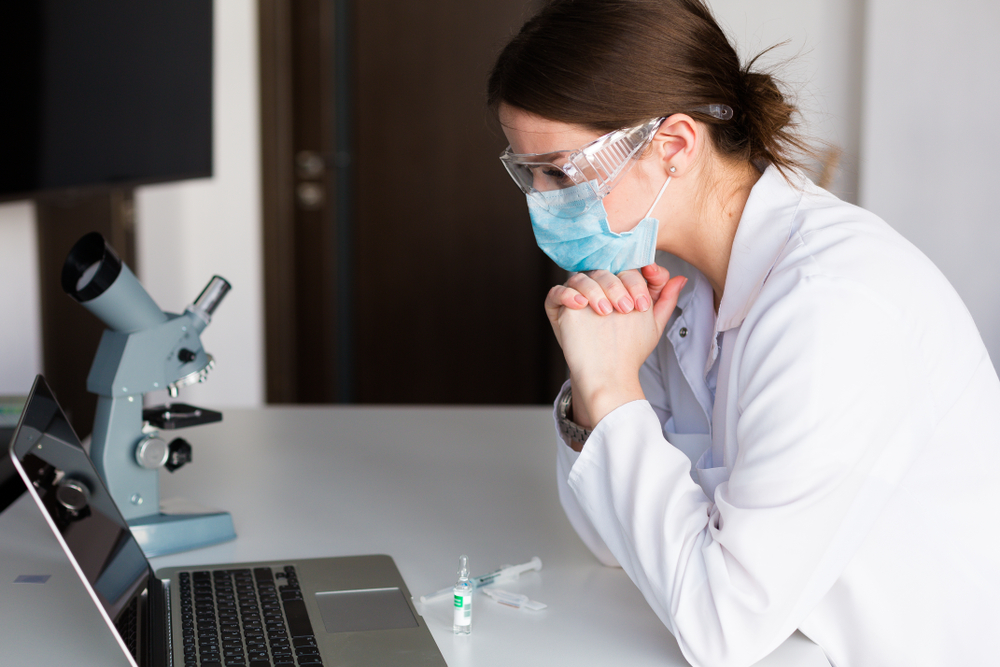
Researchers recently developed a machine learning tool that can identify whether emerging strains of the bacterium Salmonella may cause dangerous bloodstream infections rather than food poisoning.
The tool speeds up the process for identifying the genetic changes that cause new invasive types of Salmonella and could also help to detect other dangerous bacteria before they cause outbreaks
Researchers at the Wellcome Sanger Institute, along with collaborators at the University of Otago, New Zealand and the Helmholtz Institute for RNA-based Infection Research, a site of the Helmholtz Centre for Infection Research, Germany, published a paper on their machine learning tool in PLOS Genetics.
“We have designed a new machine learning model that can identify which emerging strains of bacteria could be a public health concern. Using this tool, we can tackle massive data sets and get results in seconds,” Dr. Nicole Wheeler, co-lead author from the Wellcome Sanger Institute, said. “Ultimately, this work will have a big impact on the surveillance of dangerous bacteria in a way we haven’t been able to before, not only in hospital wards but at a global scale.”
The researchers trained the model using old, evolutionarily distinct lineages of Salmonella, including seven gastrointestinal strains and six that caused invasive infections. The tool identified approximately 200 genes involved in determining if the bacterium will cause food poisoning or is more likely to cause an invasive infection. It revealed genetic changes that enabled the strains to adapt to their hosts and become more invasive.
When the model analyzed strains of Salmonella currently emerging in Sub-Saharan Africa, it correctly highlighted two types with higher numbers of bloodstream infection cases from a pool of commonly circulating infections.
“We are already using this approach to look for key differences in strains of Salmonella Typhi circulating in Asia compared to Africa,” Dr. Nicholas Feasey of the Liverpool School of Tropical Medicine said. “Instead of manually comparing the genomes of different strains of bacteria over weeks or months, we are able to discover the genetic changes behind emerging strains of bacteria in seconds. It offers the potential to study outbreaks in real time and thus rapidly inform public health strategies to control or prevent disease.”




